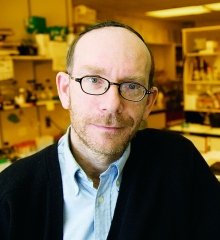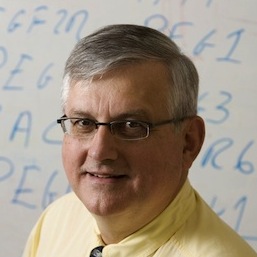
Podcast: Play in new window | Download
Stress and a Woman’s Ability to Conceive – The Healthy Mind Is Key.
How was it meant to be? Humans were designed to be excellent at handling acute stress while chronic stress on the other hand was never expected to be part of our day to day existence. We run from the tiger and survive the event or we die. That being said, chronic mental stress is the greatest disruptor of human balance and health. To truly know this fact and work towards alleviating it is the immediate route to a healthy life and a healthy pregnancy. Mental stress has profound negative effects on immune and hormonal function to the detriment of mom and her babe. Chronic mental stress is known to disrupt pregnancy conception and perinatal events. Perception of one’s stress is often more important than the event itself. Becoming aware of your perceptions and working toward a minimally stressed mind is a key to a healthy pregnancy. A woman should be honored and protected while pregnant to keep external stress levels low. In this chapter, you will learn why and how stress has the ability to hurt a pregnancy. The to do section gives tools to reverse the negative process……plus a graduation note.
Enjoy,
Dr. M
















